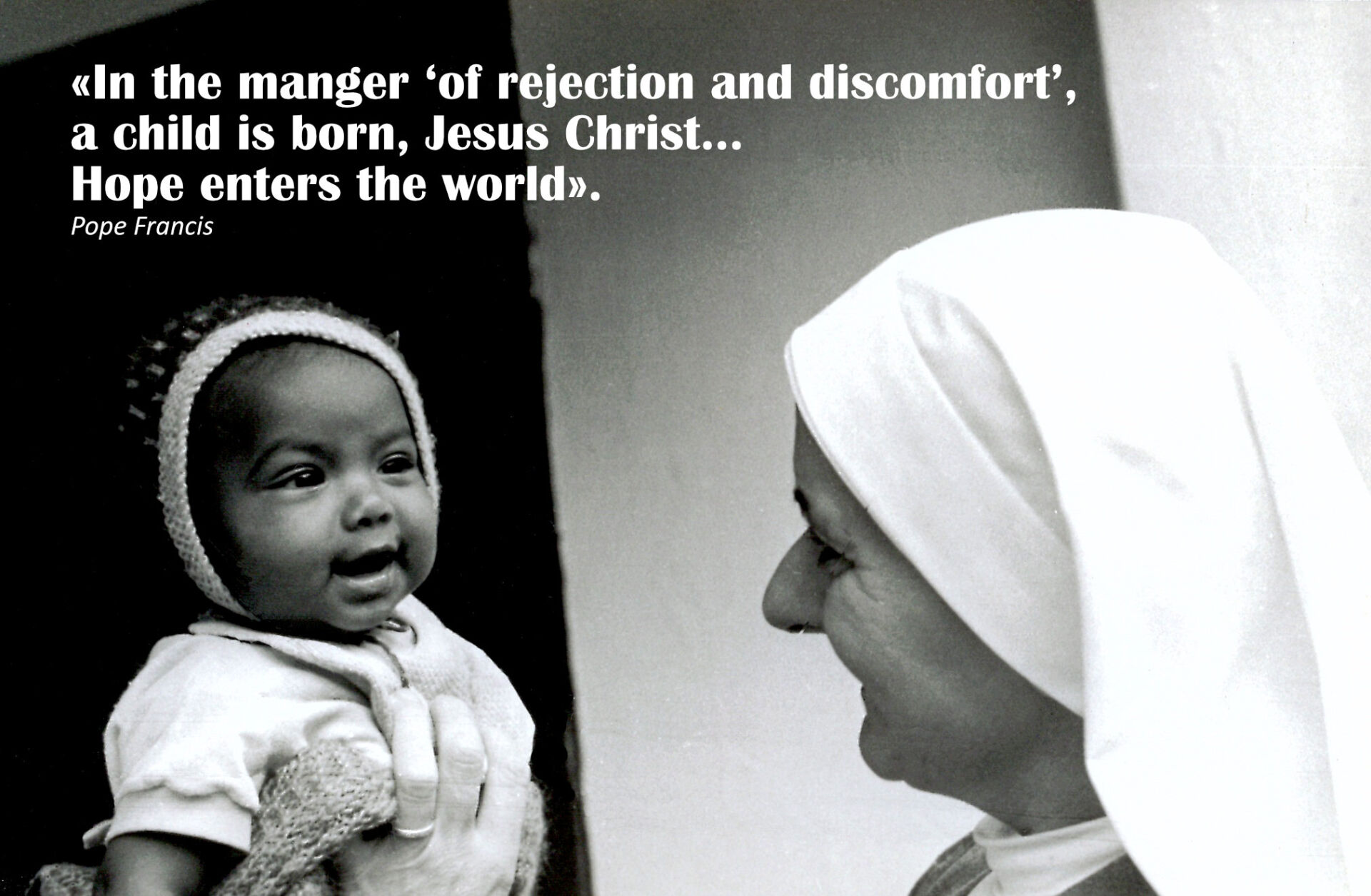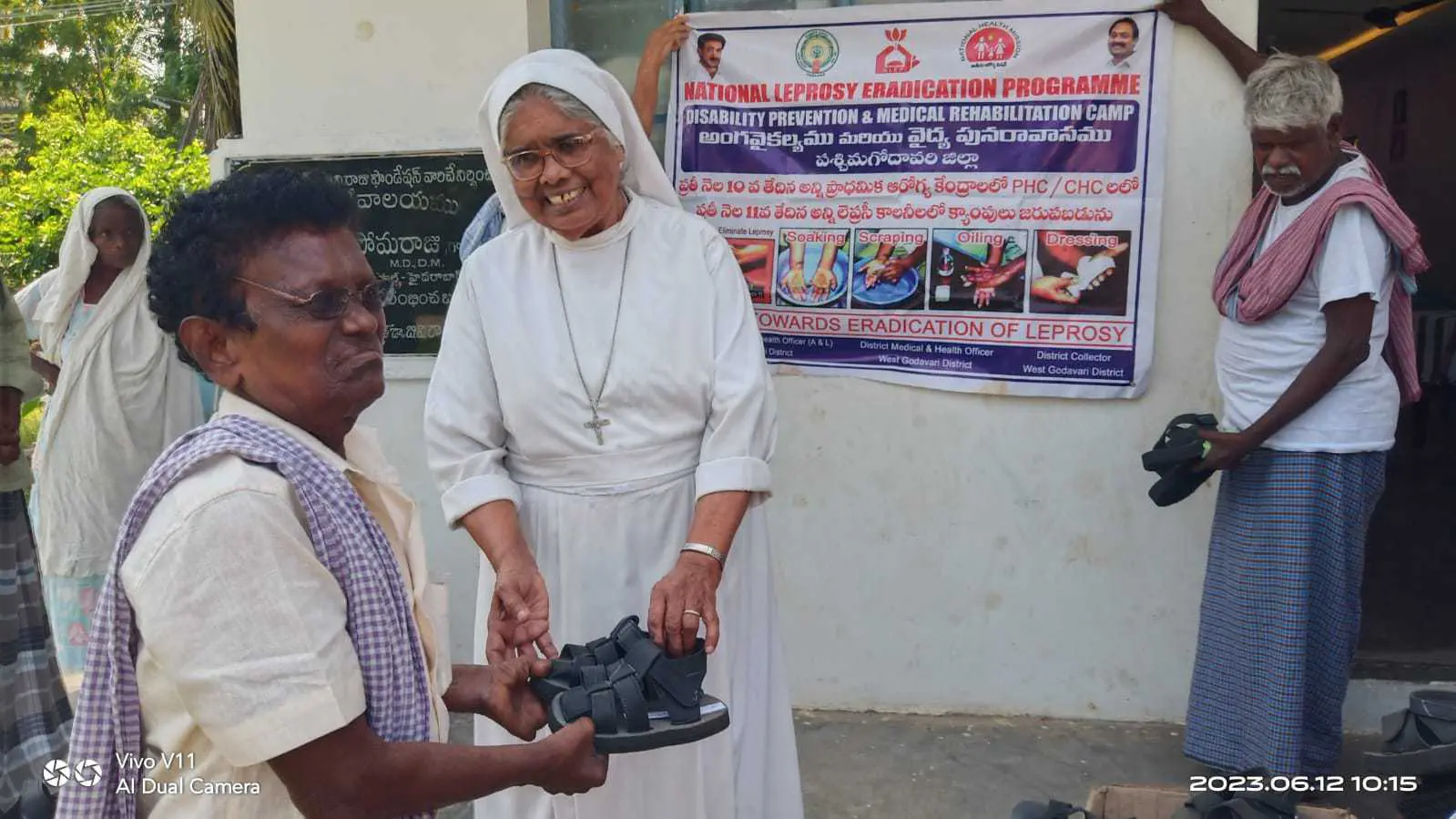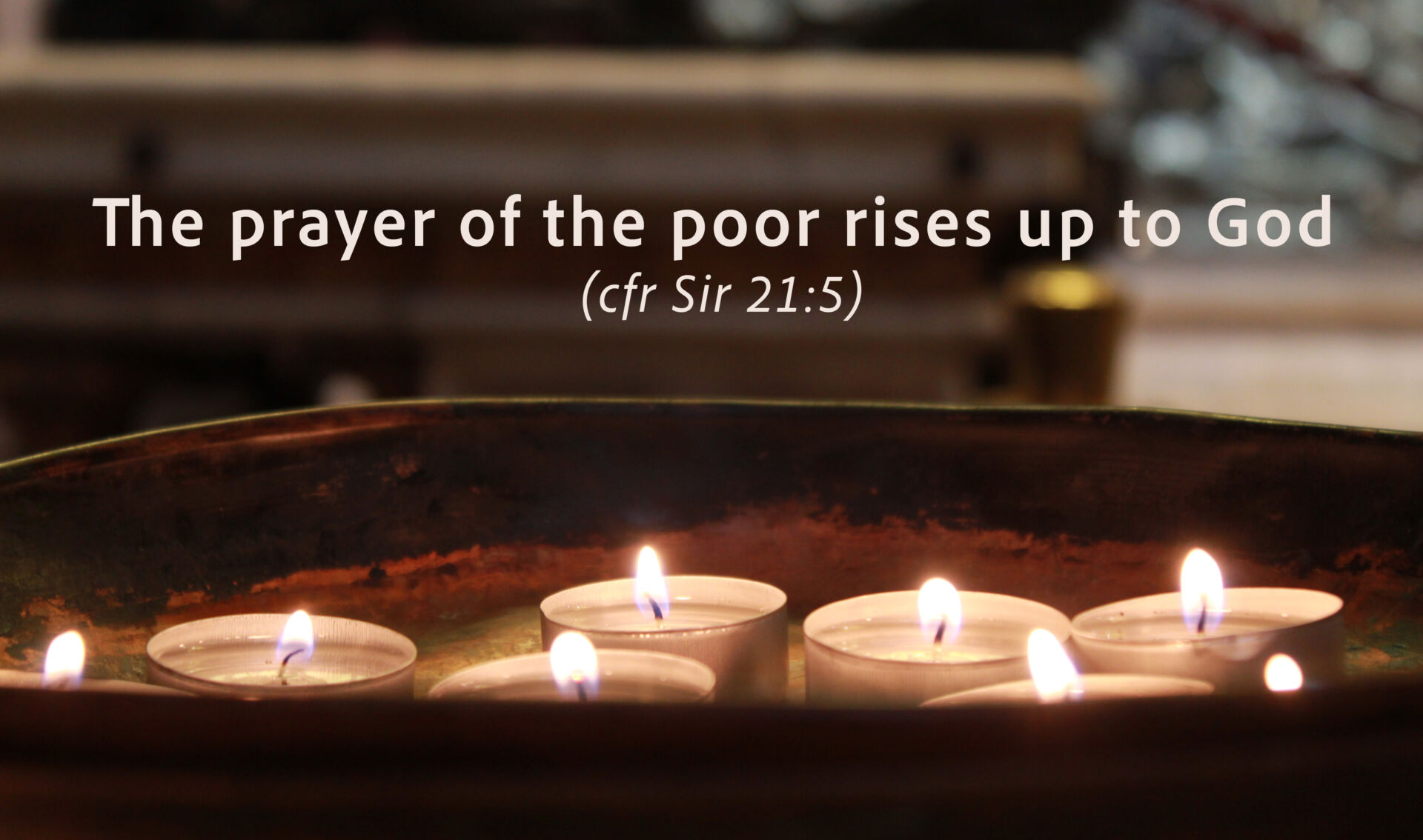First of all, it must be said that obedience is rooted in human beings. Every person experiences interdependence, in the family, in society or in the cultural environment in which he or she grew up. We are all marked from the beginning by the desire to dialogue, collaborate, listen and be listened to.
This initial experience of obedience in our environments prepared us to take further step when we met Jesus in the Christian life. We already had predispositions that more or less facilitated our adherence to the Christian faith.
Obedience conceived as an imitation of the obedience of Christ introduces us to a charismatic, prophetic and missionary style. It is infact, the same charismatic impulse, the same breath of the Spirit that animates and runs through the attitude of the young Samuel (“Speak, Lord, your servant is tenebrous”), the availability of Isaiah (“Here I am, send me”) and the holocaust of Christ (“Here I am, I come…. to do your will”). Listening to the Word, welcoming it to live it, making ourselves available to take it wherever God sends us: this is the attitude common to all the prophets who consecrated themselves to God.
If we take into consideration the prophetic character of religious life, character must emerge and spread more forcefully in the African context, we must reevaluate obedience as a privileged way of standing before God. It should be enough to characterize a life, a commitment, an option: provided that it rebuilds its roots and its biblical lifeblood, in the wake of Christ and the prophets The nazarene attitude of the prophet which makes him consecrate his life to God, is preceded by the charismatic experience through which the word of God is breathed into him from above. Obedience is then characterized as a lifestyle in which a relationship of completely new breadth and intensity is established between God and man. The poles of this relationship will be: the absolute priority given to the Word transformed into a new message; a new orientation and organizatin of his life to actualize his message; finally, a new availability towards the people of God.
Through the vow of obedience, the consecrated are linked to an Institute that has a mission to carry out in the Church. In this way, they participate in the mission of the Church, which in turn participates in the mission of Christ Jesus for the salvation of the world. There is only one mission, that of Christ. The Church is missionary, with the task of carrying out God’s will for all men, of leading them to salvation. Thus the turn of obedience, which integrates consecrated persons into an Institute of the Church, disposes consecrated persons to better realize the will of God in living an apostolic life. The consecrated person does not assign himself a mission, but receives it and must give an account of it.
In this way, religious obedience is missionary obedience. It integrates consecrated people in the great work of salvation through the mediation of the Church, the Institute and their superiors. Obedience does not only mark the internal obedience of consecrated life, but also its commitment. This missionary obedience is called to be dynamic and active. Authentic obedience, like that of Christ, presupposes personal commitment, evangelical freedom and personality. It is this iobedience that generates joy for both those who obey (the brother or the sister) and for those who require obedience (Manager)
Some difficulties encountered in obedience in African context.
The conflict situation that has devastated African environments has repurcussions on religious communities (rejection, selective spirit, sectarianism.attachment to oneself).
Tribalism can be a deviation in the way of living obedience. We obey our leaders for the simple reason that they belong to our tribe, our clan or our ethnic group, we are willing to do everything they ask of us and we are no longer capable of making the same submission to those who are not on our side. In this case, it is the interests of our tribe that come before Christ. Love for the tribe is not bad in itself. What is negative is the fact that it absolutizes its value. Jesus reminds us: “This is your way of speaking: yes, yes; no, no. Everything beyond that comes from the spirit of evil”(Mt 5, 37)
To arrive at true obedience, we must emerge from the process of indentification (ethnic and tribal) that praralyzes true obedience, to a great abandonment to his will, to this relationship of faith and love.
The love that God has poured into our hearts through the Holy Spirit (Rom 5:5) is a universal love. It doesn’t exclude anyone. It extends to all men, regardless of their race, culture or level of civilization. Therefore we must love and obey not only those who love us or belong to our ethnic group. We can speak of obedience and fraternal love in religious life only when our concept of fraternity goes beyond the limits of human and ethnic fraternity.
It is no longer simply a vow of obedience taken as a schematic yes to a man (whether he is of my ethnic group or not) who takes the place of God; this obedience is normal in any heirarchical community. For religious people, it is nothing other than a moment of prophetic obedience which, at the slightest sign, mobilizes the whole being towards God. “Becoming obedient unto death” is a fruit of the Spirit who blows where he wills.
Don Domingos Cà, Guinea Bissau
Who is Don Domingos
Don Domingos is originally fron Guinea-Bissau where he was born on 11/05/1965; on May 19, 1991 he was ordained a priest in Bissau. Formation: Bibilical studies at the Pontifical Biblical Institute in Rome and the Pontifical Gregorian University. He is currently professor of Sacred Scripture and Hebrew and Greek langauages at the Major Seminary of Bissau; Chairman of the National Reconciliation Commission in Parlament; coordinator of biblical pastoral care in the Diocese.




















